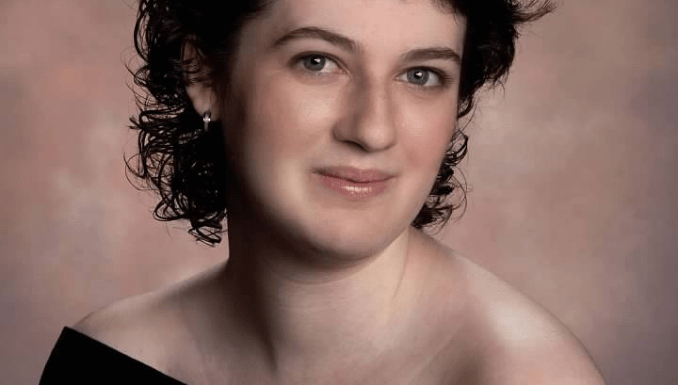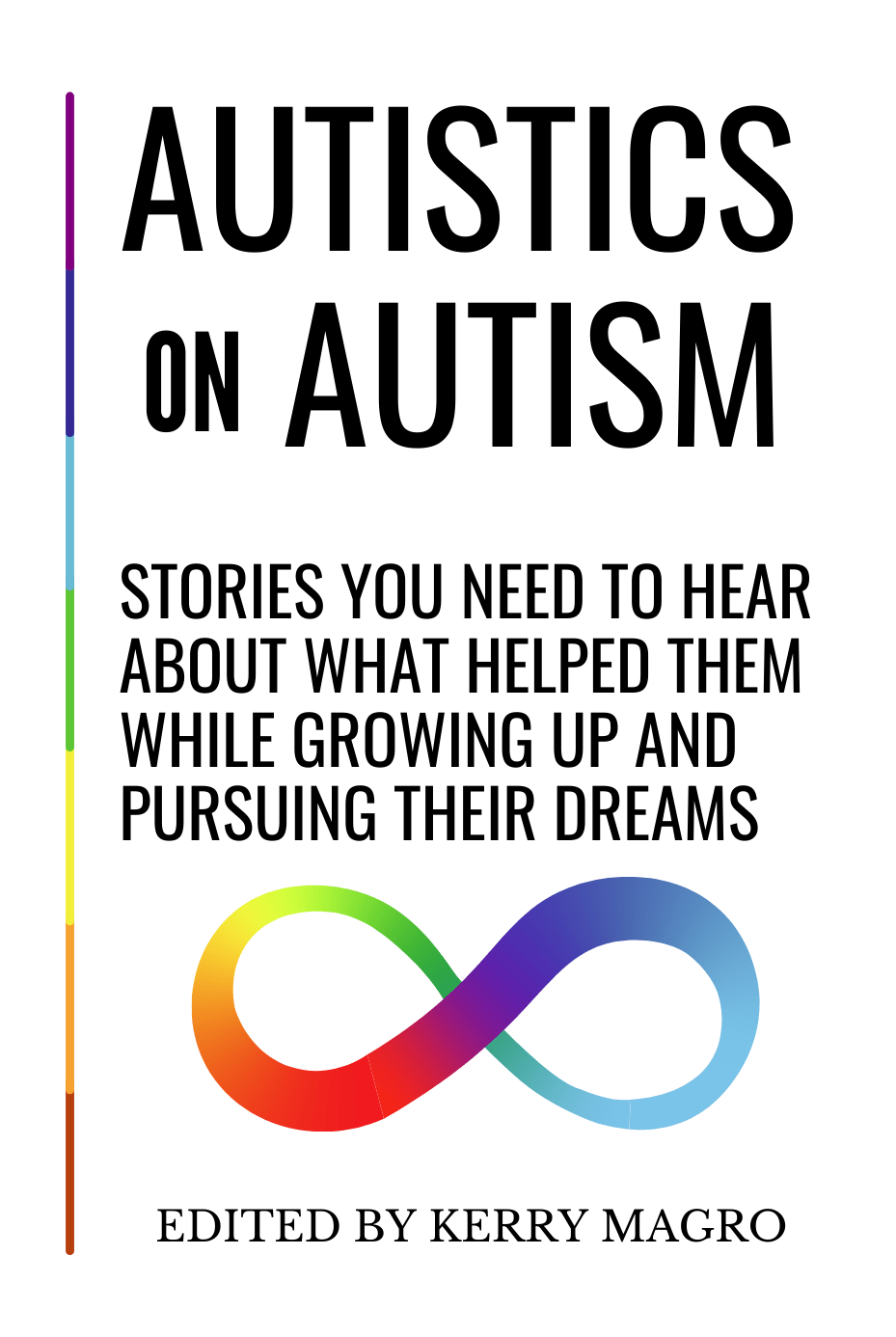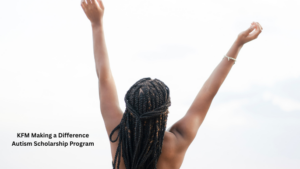This guest post is by Lola Rossi, a young woman on the autism spectrum who was diagnosed with PDD-NOS at 2 years old and has been accepted into the Ringling College of Art and Design. Lola is applying for the Spring 2022 Making a Difference Autism Scholarship via the nonprofit KFM Making a Difference started by me, Kerry Magro. I was nonverbal till 2.5 and diagnosed with autism at 4, and you can read more about my organization here. Autistics on Autism: Stories You Need to Hear About What Helped Them While Growing Up and Pursuing Their Dreams, our nonprofit’s new book, was released on March 29, 2022, on Amazon here for our community to enjoy featuring the stories of 100 autistic adults.
What is a ten-year-old supposed to know about autism? Not much, I think. Yet, at the age of ten, my mother sat me down to talk to me about my early diagnosis (age two). At first, I didn’t pay too much mind to this new information; after all, I really didn’t know what it meant.
By the time I made it to middle school, I was ready and able to research autism, so I did. I looked up the different mannerisms of autism and made a connection to when I was younger. After personal research, things started to become more clear.
The most important thing I discovered was why I act and feel so different compared to other people in certain situations.
In elementary school, I would stim, or relieve stress, in a very public manner that was most likely disruptive—If you would consider ripping up paper and flapping it around disruptive. There was a major concern from my parents that I wouldn’t be able to adapt to social settings. However, one day I came home and announced that “I’m not going to do my thing in school anymore.” (“My thing,” of course, being me ripping up and waving around paper.) My parents told me years later that they were shocked that I was able to make this kind of decision on my own without anyone telling me. And just like that, I transitioned from stimming in public to stimming in the privacy of my own home.
While making that first transition felt kind of seamless, not all of my autistic characteristics magically went away.
For example, I still feel stressed when transitioning routines and have a hard time focusing due to sensory overload, especially noises and smells in large public settings. A few minor adjustments I have made to alleviate stress are twisting or tapping my hand, picking at tape and stickers, and repeating phrases to myself.
On a larger scale, I use art. Let me explain: I have always been fixated on concepts based on art, especially cartoons. From the age of 4, I found comfort in watching cartoons. I eventually started to draw and doodle cartoons which in time became a way for me to destress and pay attention in school. Drawing also developed into what I would do in my spare time.
By the time I was in fourth grade, I was so interested in art that I started to teach myself and practice new concepts, such as anatomy, color theory, and value. My parents picked up on my interest and encouraged it by signing me up for art classes. From the age of ten, I have been fully developing my art skills and am still interested in art. My ability to become fixated actually helped me with focusing on my own projects. And, now, I have a life passion.
While I still struggle in social settings and have to find coping mechanisms on a regular basis, I see that using art to cope has been a major, helpful step in my development, both considering my diagnosis and independent of my diagnosis. I am beginning to be proud of the way my art looks, and I am thankful to have developed my passion for art on my own.
It is often thought incorrectly by some that individuals with autism have a disease, are not independent, and are not necessarily communicative. There are a lot of negative attitudes and behaviors towards autistic children.
So many autistic individuals are quite capable and talented— but I do feel that art will help me be exceptional.
Follow my journey on Facebook, my Facebook Fan Page, Tiktok, Youtube & Instagram,
My name is Kerry Magro, a professional speaker and best-selling author who is also on the autism spectrum. I started the nonprofit KFM Making a Difference in 2011 to help students with autism receive scholarship aid to pursue post-secondary education. Help support me so I can continue to help students with autism go to college by making a tax-deductible donation to our nonprofit here.
Autistics on Autism: Stories You Need to Hear About What Helped Them While Growing Up and Pursuing Their Dreams was released on March 29, 2022 on Amazon here for our community to enjoy featuring the stories of 100 autistic adults. 100% of the proceeds from this book will go back to our nonprofit to support initiatives like our autism scholarship program. In addition, this autistic adult’s essay you just read will be featured in a future volume of this book as we plan on making this into a series of books on autistic adults.















